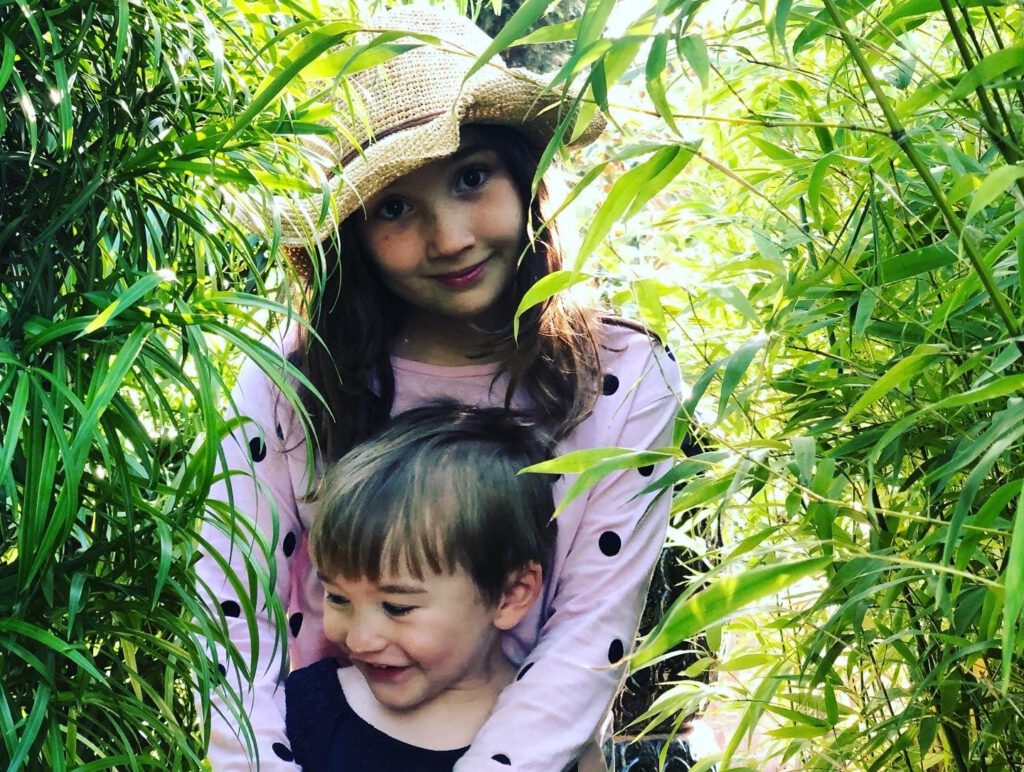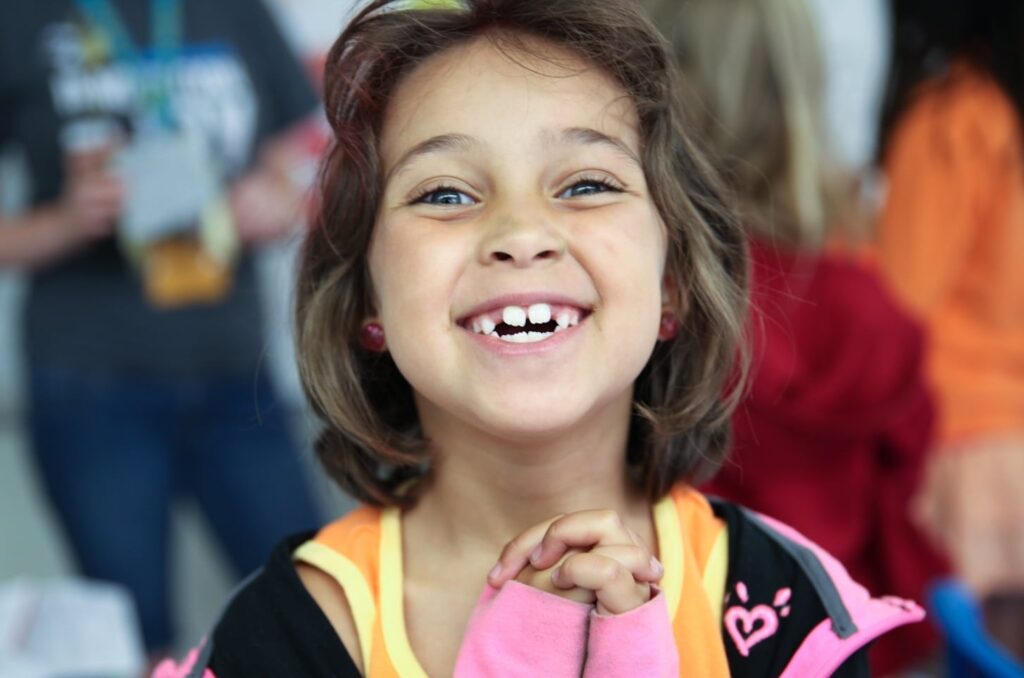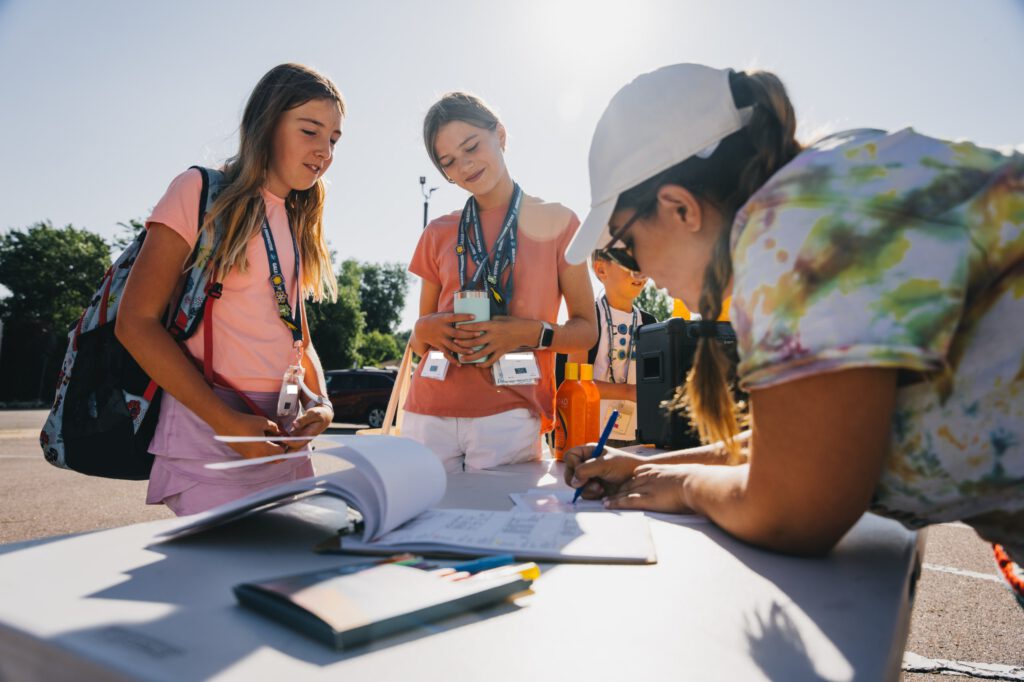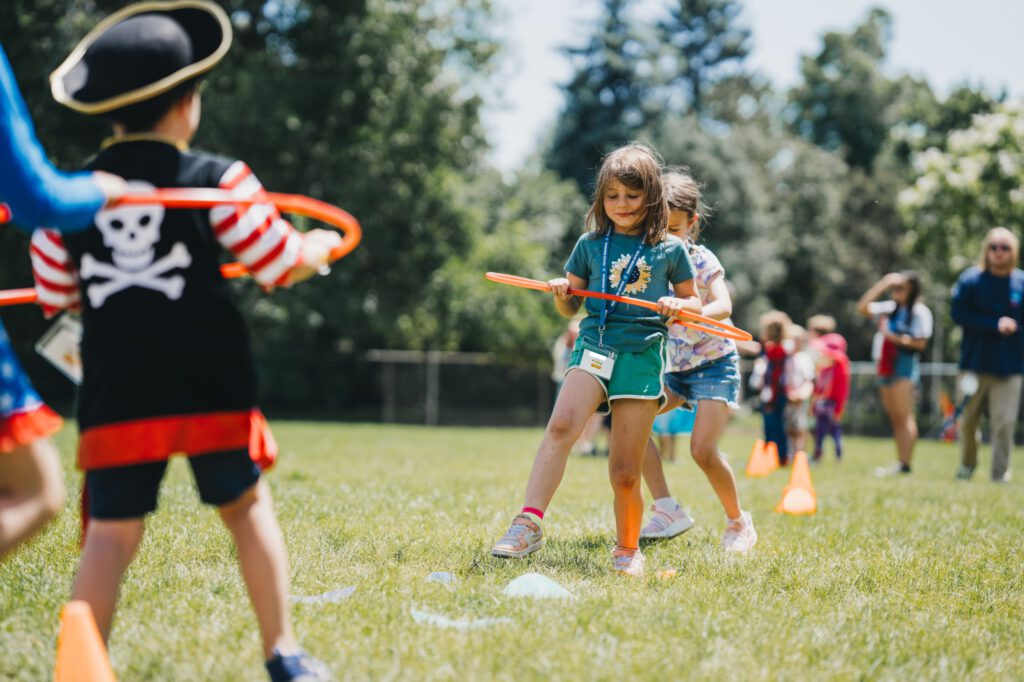This blog post is adapted from a presentation by Marie McDonald, Galileo’s VP of Communications & Southern California Operations. You can watch the full video here or check out the related posts for more on raising empathetic kids.
—
You and I are working hard right now. Like a server in a busy restaurant, balancing plates on every hand, forearm, elbow and wrist as they make their way through a crowded room hoping not to drop anything, we are balancing the priorities of our lives during a time when the world is upside down. It. Is. Hard.
Chances are you’ve had a moment or two lately when you’ve wanted to share how hard it felt with someone. Maybe you can think right now of the person that you love to go to in these moments, whether that’s a friend, a family member, a colleague or a manager who listens to understand. That person that you’re thinking of, that person that we all need, has most likely built the skill of empathy.
Empathy is often thought of as a soft skill. To say “I see you” or “I hear you;” to put aside your own needs and validate the lived experience of another is a profoundly loving and often self-disciplined act. In our global world, empathy is also a hard skill.
Empathy allows us to connect.
Empathy helps us understand the lived experience of people from other cultures, races, political ideologies and backgrounds and it teaches us to share relatable ideas with others.
Empathy makes us more effective problem solvers.
Rather than seeing everything through the limited lens of our own experiences and egos, we can apply logic and reason more effectively to bridge the gap between our view and the views of people who think differently than us. This is one of the things our world needs the very most right now. When we are able to assess problems based on multiple perspectives instead of just our own, we can objectively determine causality and decide on the actions we want to take to solve them.
Empathy grounds and strengthens us.
When we understand that multiple perspectives are true at once, we are less likely to take things personally. We become less reactive and defensive, more clear-headed and connectable as we listen to someone else’s experience and know that it’s not about us.
Empathy makes us happier people.
It feels good to see and be seen. It feels good to understand and be understood. It feels good to be able to solve problems, bridge differences, connect, and trust your own grounded perspective. Empathy is a road to all of that.
Like any skill, we are not born with or without empathy. We learn to practice it over time, which means that our kids are learning it too. Learning and practicing empathy can be hard work, especially when we’re working to understand views and lived experiences that are very different from our own.
Empathy is more important than ever.
Challenges are everywhere we look right now, and kids are asking questions. We’re explaining the unexplainable to our kids every day. We’re entering into new conversations about privilege and injustice that require empathy to explain and to understand. We are explaining the physical, financial, and emotional realities people are experiencing with a global pandemic. We are often at a low point in terms of energy, patience and time as families, which means we are requiring more empathy from one another as family units. Our kids need to learn this skill now, so that they can understand the world around them now and so that they can build the bridges between people and ideas that will lead to a better world in the future.
It is our job to teach it.
Many kids have been out of their normal social circles In the absence of opportunities to learn about the experiences of a classroom full of peers or exposure to ideas from teachers and mentors, it’s more important than ever that we teach empathy at home. And since we learn when we teach, we get to grow our own empathy skills too.
Over the next two weeks, I’ll follow this post with three more that share ideas on how to model, practice and teach empathy to kids through our everyday family parenting style and family cultures. And because I think that everything can be fun and campy, I’ll share some ideas for how we can gamify empathy, too.
In the words of Barack Obama, “Learning to stand in somebody else’s shoes, to see through their eyes, that’s how peace begins. And it’s up to you to make that happen.”
It’s up to all of us, so let’s get started.
—
Sarah McDonald is Galileo’s VP of Southern California Operations. When she’s not heading up camp operations, Sarah loves to write, paint, and adventure with her fam.



